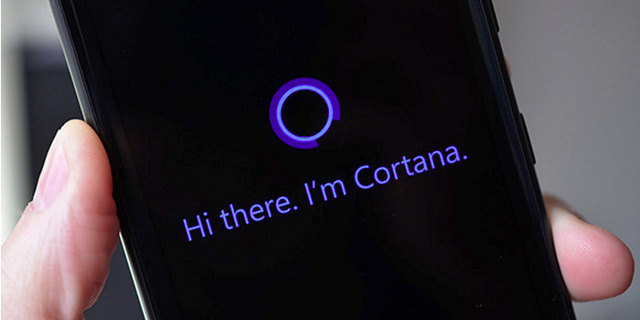
A new survey shows just how prominent voice search is becoming in the journey from shopping to purchase.
According to the latest survey from Chatmeter, approximately 90% of smartphone owners say they use their device’s virtual assistant. More importantly, a large group of those are specifically using voice search to look for local business information.
Approximately 40% of smartphone users specifically say they “use voice search to ask for directions, an address, or business hours for a nearby location.” Additionally, more than a quarter of consumers say their “number one use for their voice device is to find a local restaurant, show, or business.”
This reinforces recent statements from prominent figures in the world of search, including Google CEO Sundar Pichai, who said: “local mobile searches are growing faster than just mobile searches overall, and have increased by almost 50% in the last year.”
One of the biggest uses for virtual assistants is also making in-person purchases or to visit new businesses, with almost 90% of users saying they turn to virtual assistants for driving directions.
While the rise of voice search will likely have huge ramifications for how we understand and optimize for online searching, these findings actually reinforce the importance of optimizing local listings on both desktop and mobile devices.
For example, a business’s Google My Business listing is responsible for providing all of these types of information, including giving directions, facilitating phone calls, and providing business hours.
Google My Business is already an essential part of establishing your business within your local industry and finding new customers nearby. Now, it is also becoming a necessity for helping voice search users find your business when they are ready to take action.





